Tag
#Korea
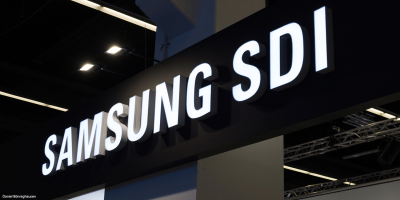
Samsung SDI says solid-state batteries could come sooner
04.05.2022
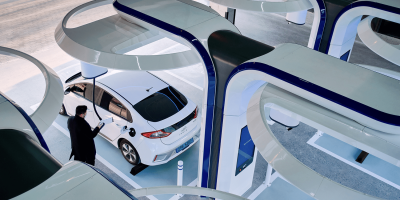
Hyundai to expand Ultra Fast Charger network with partners
21.04.2022
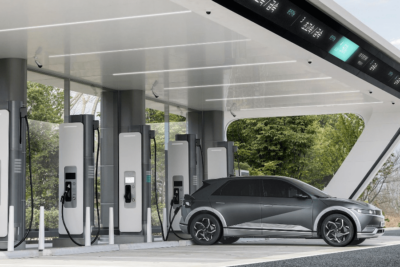
Hyundai installs ultra-rapid charging network E-Pit in Korea
24.03.2021
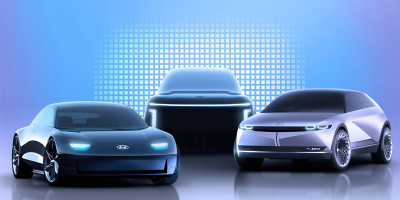
Hyundai: 12 BEV by 2025; launches fuel cell brand HTWO
13.12.2020
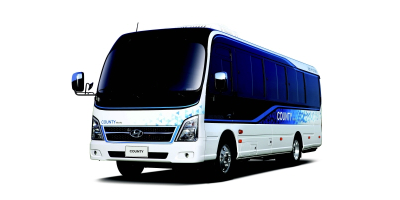
Hyundai plans for 17 electric utility vehicles by 2025
31.08.2019
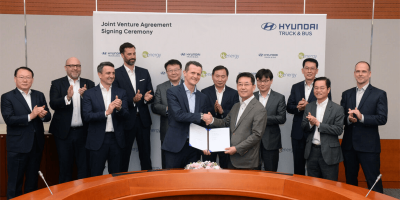
Hyundai & H2E: 1,600 fuel cell trucks for Europe
15.04.2019
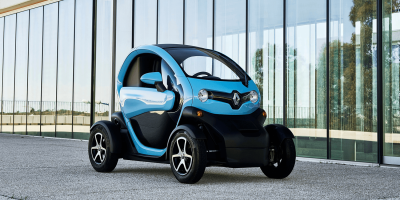
Renault to move Twizy production to South Korea
16.12.2018
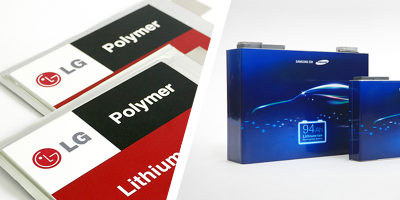
Korea: Major battery cell makers form ₩100BN fund
13.11.2018
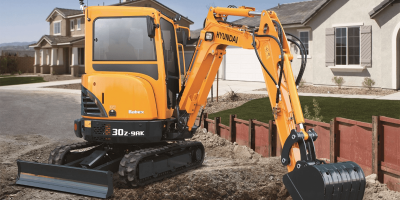
Hyundai & Cummins making mini electric excavators
30.10.2018
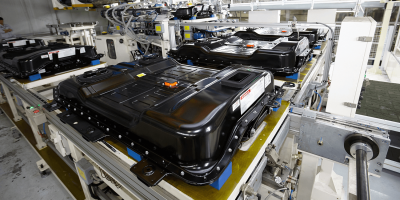
Korea’s first EV battery recycling centre on Jeju island
05.07.2018
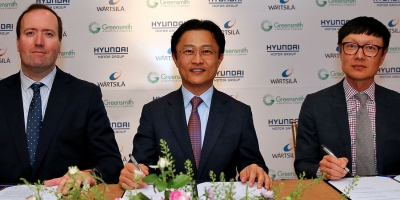
Hyundai forges partnership for 2nd life batteries
27.06.2018

CATL & BYD rise to join world’s Top 3 battery makers
06.06.2018
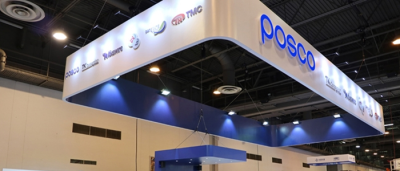
Posco to construct 2nd cathode factory in Korea
31.05.2018
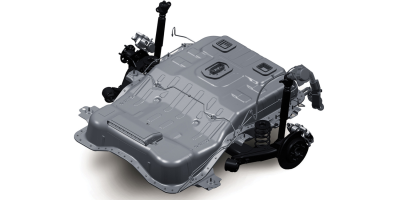
Hyundai to produce its own electric car batteries?
30.05.2018
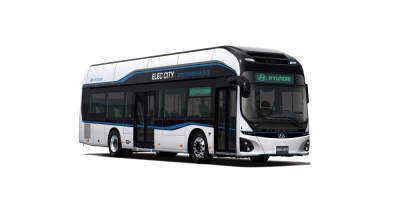
Korea to fully electrify buses and trucks by 2030
17.05.2018
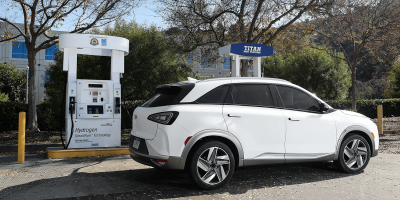
Korea: public-private hydrogen station network
25.04.2018
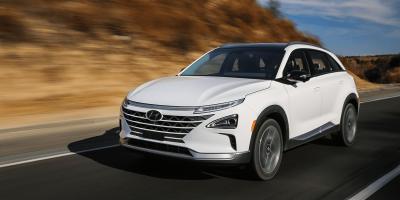
Hyundai Nexo to be sold for 69,000 euro
14.04.2018

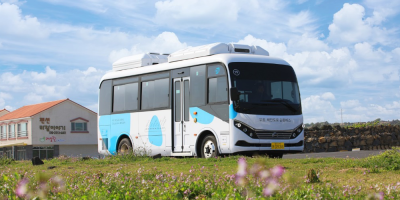
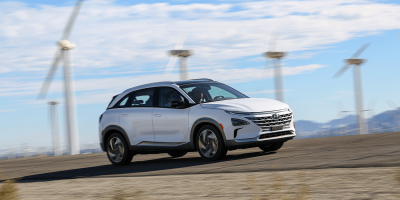
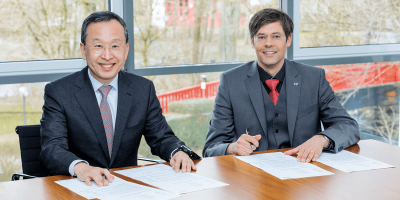
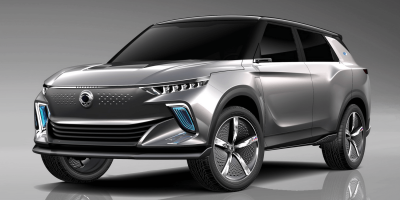
Last commented